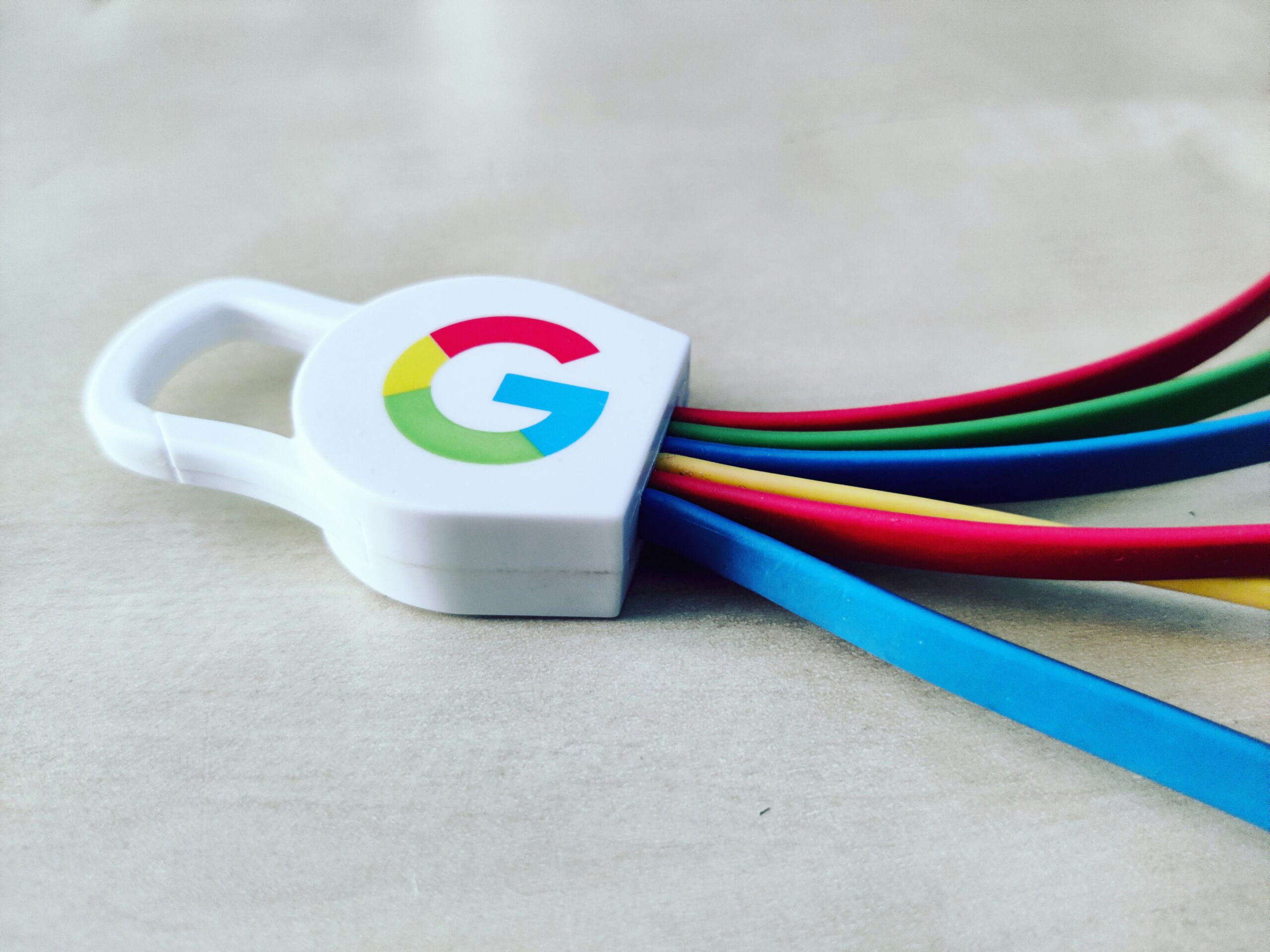
- calendar_today August 17, 2025
Google introduced the seventh-generation Tensor Processing Unit (TPU) named Ironwood, which demonstrates major progress in custom AI hardware design. Ironwood serves as the dedicated hardware solution to power Gemini’s advanced models, which require advanced simulated reasoning capabilities that Google describes as “thinking” and enable the transformational “agentic AI” capabilities defining the “age of inference.”
The business continually stresses that its Gemini models depend heavily on its infrastructure, which includes custom AI hardware to speed up inference and extend context windows. The Ironwood TPU stands as Google’s most powerful and scalable chip yet, which enables AI systems to execute proactive actions on users’ behalf through autonomous data collection and output generation, which represents Google’s agentic AI vision.
Ironwood achieves much higher throughput performance than earlier models. Google intends to install these chips within extensive liquid-cooled clusters that can hold as many as 9,216 units. The chips exchange data through an advanced Inter-Chip Interconnect (ICI), which enables quick and effective communication throughout the large system.
Google’s powerful design extends beyond its internal applications. Developers looking to run demanding AI projects in the cloud will also be able to leverage Ironwood through two distinct configurations: Developers have two configuration options with Ironwood for high-performance AI projects in the cloud: a 256-chip server or a full-scale cluster assembled with 9,216 chips.
The maximum configuration of Google’s Ironwood pods delivers a powerful 42.5 Exaflops of inference computing capability. The peak throughput performance of every single Ironwood chip achieves 4,614 TFLOPs, which Google states marks a substantial upgrade from former models. Google’s new TPUs feature 192GB of memory per chip, which represents a sixfold increase from the previous Trillium TPU generation. The memory bandwidth now stands at 7.2 Tbps, which represents a 4.5x improvement from previous levels.
Google measures the performance of Ironwood using FP8 precision, but direct comparisons to other AI hardware remain challenging due to different measurement techniques. The company’s assertion that Ironwood “pods” can operate at 24 times the speed of segments from the world’s leading supercomputers requires scrutiny because some supercomputers lack native FP8 support. Google’s direct comparison fails to include information on its TPU v6 (Trillium) hardware.
According to Google, Ironwood delivers two times the performance per watt compared to v6. According to a company representative, Ironwood functions as a direct replacement for TPU v5p while Trillium derives from the less capable TPU v5e. The Trillium TPU hardware reached performance levels around 918 TFLOPS when operating at FP8 precision.
While benchmarking challenges remain, Ironwood stands out as a substantial improvement within Google’s artificial intelligence ecosystem. This new TPU delivers improved operational speed and efficiency over its predecessors by utilizing Google’s well-established infrastructure that has supported swift advancements in large language models and simulated reasoning.
The Gemini 2.5 model, which drives Google’s market dominance, uses the prior generation TPUs. The enhanced inference speed and efficiency from Ironwood will lead to major advancements in AI capabilities next year and launch the “age of inference” together with the emergence of more advanced agentic AI.







